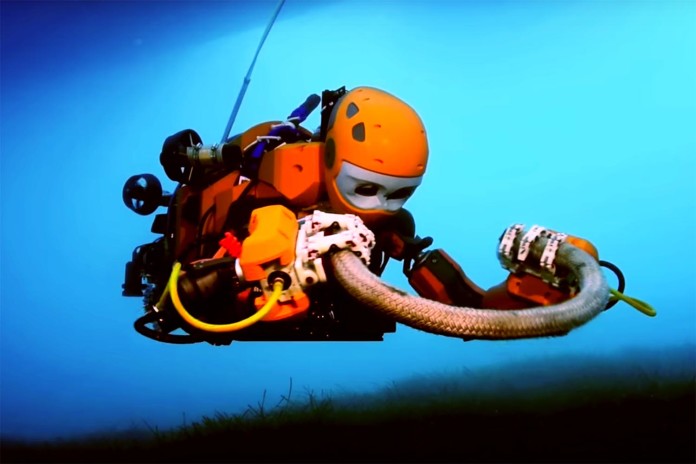Founder and Director of WonderWorld Science,
Elizabeth McGregor, blogs here about
the science nuggets she finds as she mines for greater understanding of the wide and wondrous world of science:

RBKC's Community Science Programme is already underway! From the 7 to 26 October 2017 science is taking over the Mayor’s Parlour at Kensington Town Hall, Hornton Street, W8 7NX.
.... The way Lawrence speaks about his work provides a great insight into the ways of scientific working--despite the image given by lots of chem/bio/physics science classes, being a scientist is more than being able to memorize a collection of previously discovered "truths." Being a scientist is about being creative enough to imagine possible explanations and to be resilient as you test them out, because most good ideas don't match up with nature. Failure is a necessary part of being a good scientist!
The Maker Movement in education is moving into Senegal, with the type of meaningful learning that can translate conceptual understanding of math and science into real life application. What a world we can build, if education gives students the tools to actively change the world they live in!
How cool is this!? Innovation to meet the future's needs of uncovering our human history... in the shape of a robotic mermaid!
The work these college students are doing at the university level in a Maker Space has so many overlaps with WonderWorld's philosophy and curriculum!
This is a MUST-listen! A friend mentioned this story to me and after much searching I've found it to post to excite and amaze.
A fantastic story of Sugata Mitra, a physicist and computer scientist turned teacher education researcher who put computers in slums with no instruction and came back after a couple of months to find that children had taught themselves how to use them. It's the first 14 minutes of a much longer show about human learning, also worth listening to.
What other innovations will change the way we use our everyday appliances and met our quotidian needs?
The OECD's education director, Andreas Schleicher, points to "gender differences in self-confidence" as a possible key difference.
The pressure on young girls to succeed and fit the mold rather than break it continues.
I firmly believe that tinkering and making has the potential to counter this.
This is precisely what WonderWorld and so many other supplementary science programs are working to counter!
The CBI (Confederation of British Industry) just published a rather incendiary report illuminating the pipeline issue of having too few graduates entering the workforce ready to pursue careers in science, and highlights the necessity of changing this starting with better primary science education.
For those of you who marvel at the delicious chemistry of food--as thinkers, eaters, or both!--here's a rather densely informative infografic to whet your appetite. Don't let all the lines daunt you--click on one and only the other foods to which is shares a connection appear. Interesting on an intellectual level, but also rather practical for those cooks who like to riff in the kitchen without a recipe.
It's not every day that the Institute of Making opens its doors to the public, but in celebration of its second birthday, they are having a METAL extravaganza this Saturday 07 March 2015 from 1:00pm - 5:00pm. It's FREE and no booking is required... so check it out if you can!
I'm most excited about the opportunity to "make your very own spoon from copper," but it looks like there are loads of other fun hands-on activities and interesting talks and presentations. Oh, and a chance to TASTE METAL?! I'll be there!!





















